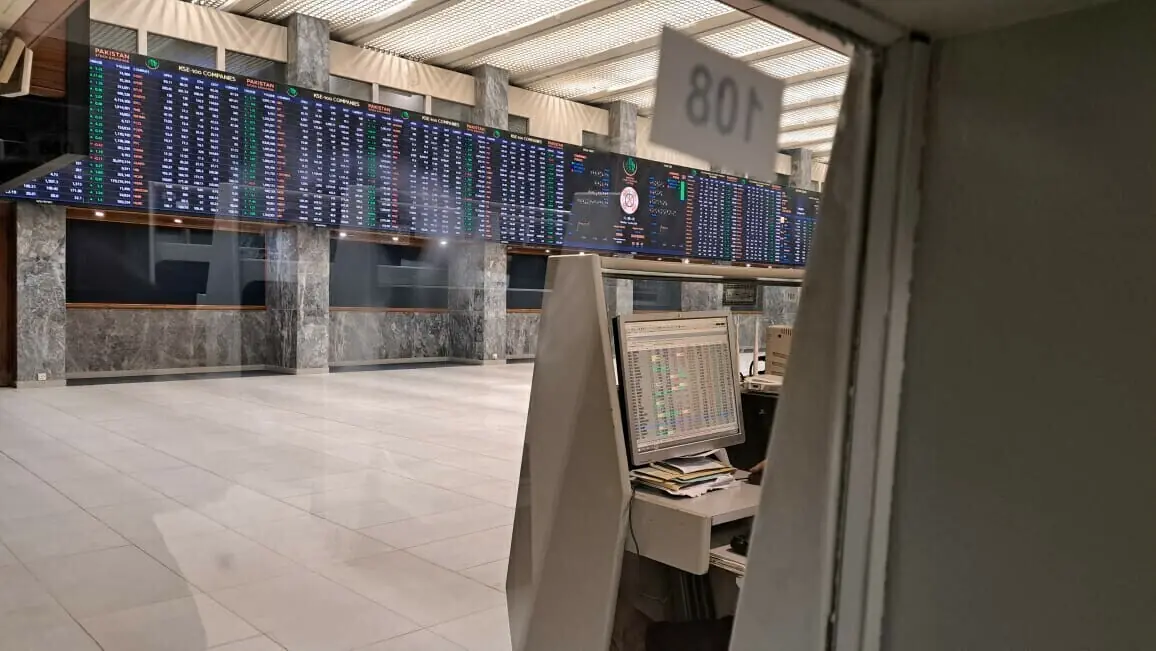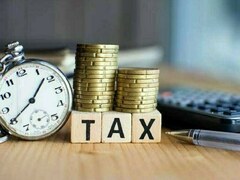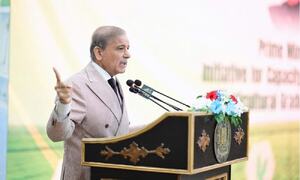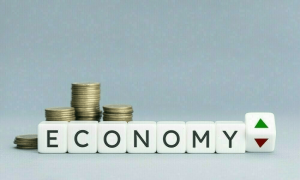The yen climbed against the dollar and euro on Wednesday on news that European finance ministers will push for a stronger Japanese currency at next month's G7 meeting.
Euro zone finance ministers next Monday will draft the European position for the meeting of the Group of Seven major industrial nations scheduled on February 9-10 in Germany, a source told Reuters. The yen's rebound began even before the report as investors in Asia and Europe unwound bets against the currency, which had slumped to multiyear lows against the euro, sterling and Australian dollar in recent weeks.
"We saw some sharp moves in the yen as a result of that news. But really the rally in the yen started way earlier," said Ashraf Laidi, chief currency analyst at CMC Markets in New York. "But this next G7 meeting could be very interesting. I would expect some gains or stability in the yen ahead of that meeting and that could prevent the dollar from rising to 122.50/60 yen," he added.
In late afternoon trading, the euro posted its largest single-day decline against the yen since April 2006, down 1.0 percent at 156.88 yen. The dollar fell 0.5 percent to 121.06 yen. The yen until Wednesday had been under pressure since the Bank of Japan left rates unchanged last week. Investors often push down lower-yielding currencies, such as the yen, by borrowing in them to buy assets in countries with higher returns.
CMC's Laidi noted that the rally in the yen started in Asia after an unexpectedly low Australian inflation number significantly curtailed chances of a February rate rise by the Reserve Bank of Australia. The Australian dollar, with interest rates of 6.25 percent, is one of the more favoured currencies to buy in carry trades.
The Australian dollar fell 1.8 percent to 94.73 yen. It plunged 1.3 percent against the US dollar to US $0.7820, registering its biggest one-day fall since May 2006. Yen short positions had reached extreme levels, analysts said, prompting some unwinding of trades.
Reacting to news Europe will seek a stronger message from G7 nations on the yen's weakness, Divyang Shah, global strategist, at IDEAglobal in London said it "might be a little early to speculate" that stronger language on the Japanese unit will be used in the actual communique.
"While the break of 120.00 has increased the risks that the US administration is more averse to further yen weakness there are still plenty of options on the table for Japan to attempt before more serious language is used by the G7," he added.
Elsewhere in the market, sterling fell 0.7 percent against the dollar to $1.9682, after the minutes of the Bank of England's latest meeting showed a 5-4 vote for this month's UK rate rise to 5.25 percent, compared with market expectations of a 7-2 vote.
The euro fell 0.5 percent against the dollar to $1.2961, helped by dollar selling against the yen. The New Zealand dollar, meanwhile, trimmed losses against the US dollar on Wednesday after the Reserve Bank of New Zealand held interest rates steady at 7.25 percent, as expected, but did not rule out further tightening.
BR100
15,059
Decreased By
-56.5 (-0.37%)
BR30
42,931
Decreased By
-117.2 (-0.27%)
KSE100
148,815
Decreased By
-677.8 (-0.45%)
KSE30
45,206
Decreased By
-312 (-0.69%)





















Comments
Comments are closed.